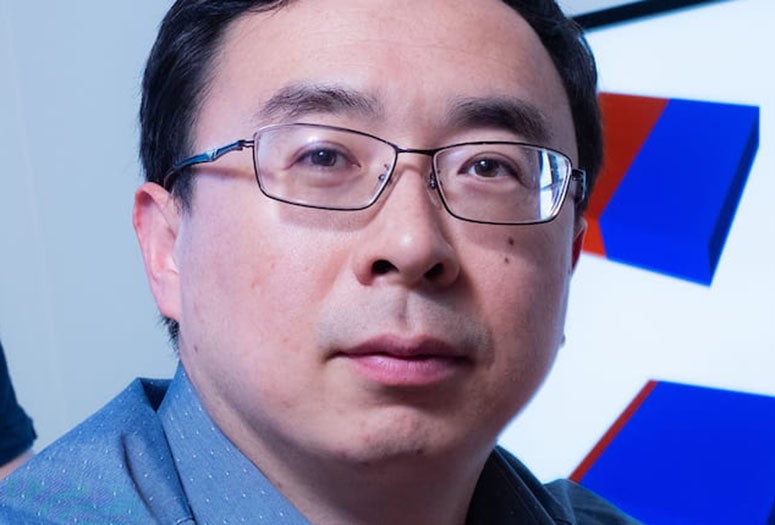Rice University researchers will contribute to a new project to make better batteries for electric vehicles.
Rice materials scientist Ming Tang and his colleagues are receiving part of a $2.4 million grant from the United States Advanced Battery Consortium (USABC) to develop low-cost, fast-charging batteries for vehicles.
The project led by Worcester Polytechnic Institute (WPI) in Massachusetts will run for 36 months and focus on the development of solvent-free electrode manufacturing.
Electrodes are a specialty of the Rice lab, which has developed techniques to improve them for lithium metal and lithium-ion batteries and has received U.S. Department of Energy (DOE) backing for its research.
Tang’s Rice lab will perform battery modeling to design new multilayered electrode architecture that significantly improves the rate capability of battery cells and allows them to be charged at higher rates.
“Traditional battery electrodes are prepared by the slurry casting method and usually have uniform porosity throughout the electrode thickness,” said Tang, an assistant professor of materials science and nanoengineering. “However, our earlier modeling study shows that an electrode could have better rate performance by having two or more layers with different porosities.
“Now with the Missouri University of Science and Technology and WPI developing a new dry printing method for battery electrode fabrication, such layered electrodes can be manufactured relatively easily,” he said. Tang’s group will use modeling to optimize the structural parameters of multilayer electrodes to guide their fabrication.
A manufacturer, Microvast, will assemble large-format pouch cells using layered electrodes and evaluate the electrochemical performance against the program goals, Tang said.
USABC is a collaboration between the United State Council for Automotive Research LLC and the DOE to develop electrochemical energy storage technologies that support the commercialization of hybrid, plug-in hybrid, electric and fuel cell vehicles.
“The public/private partnership is critical to steer the research performed at universities,” Tang said. “It helps us understand what matters most to commercial applications and what gaps remain between what we have and what is needed by the market. It also provides valuable feedback and gives the project access to the state-of-the-art commercial battery fabrication and testing capabilities.”

